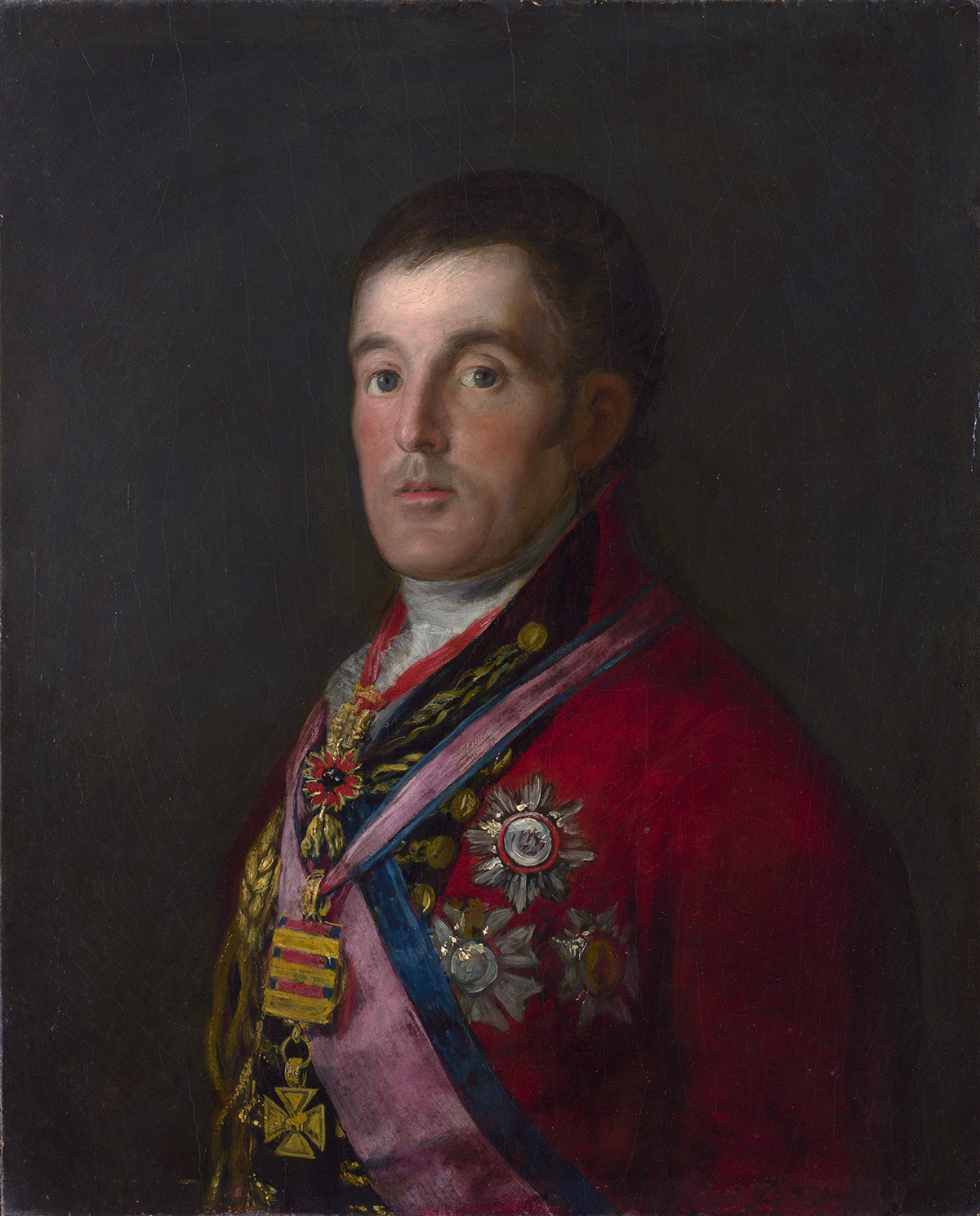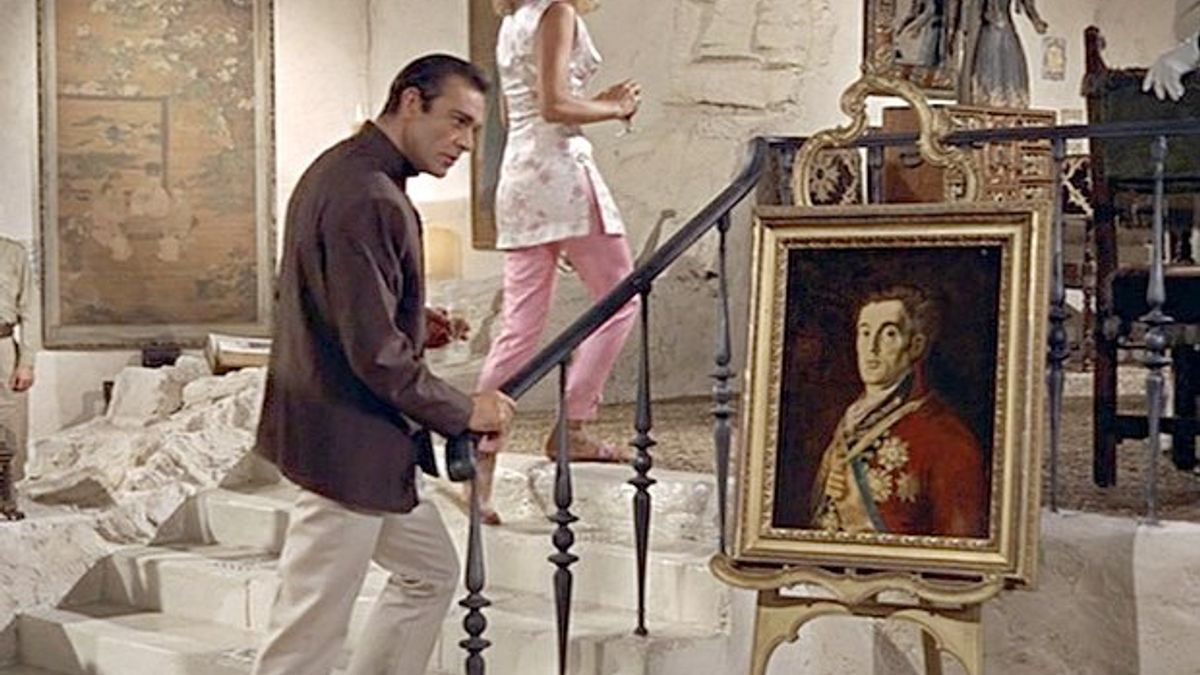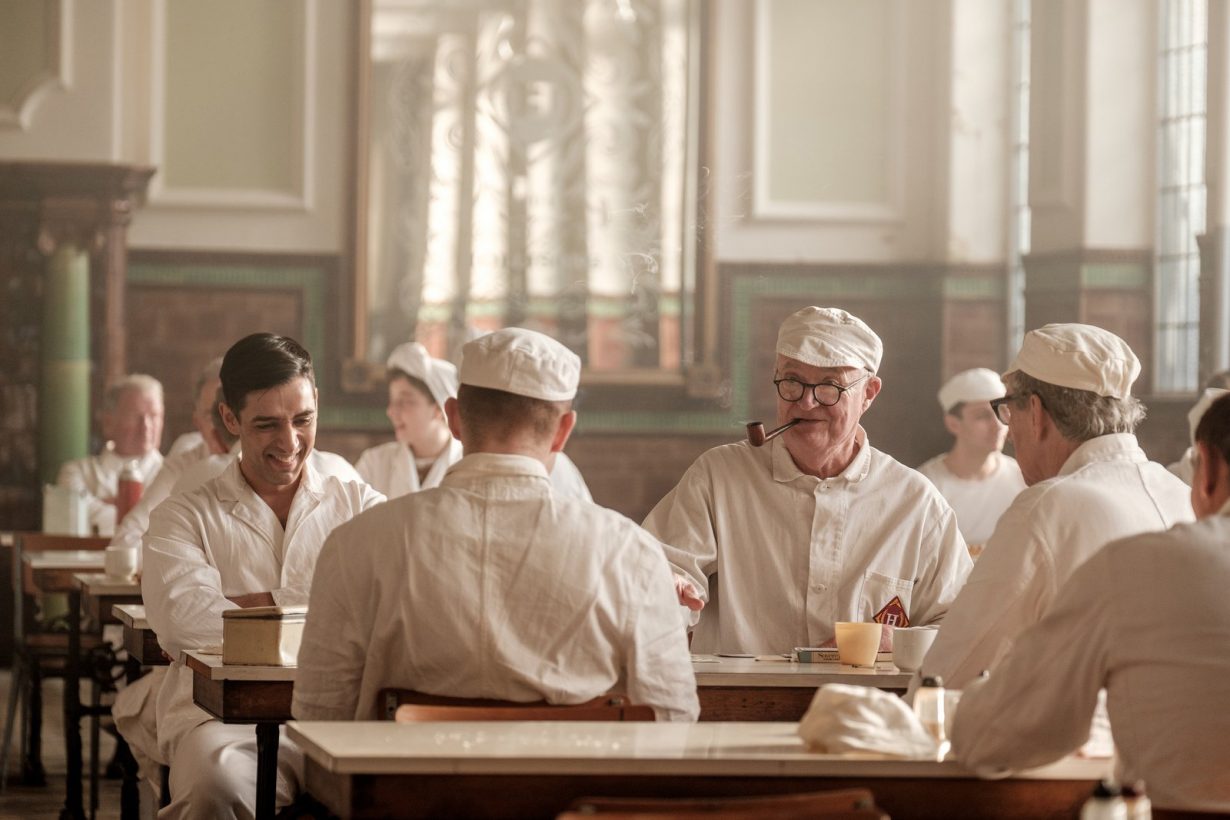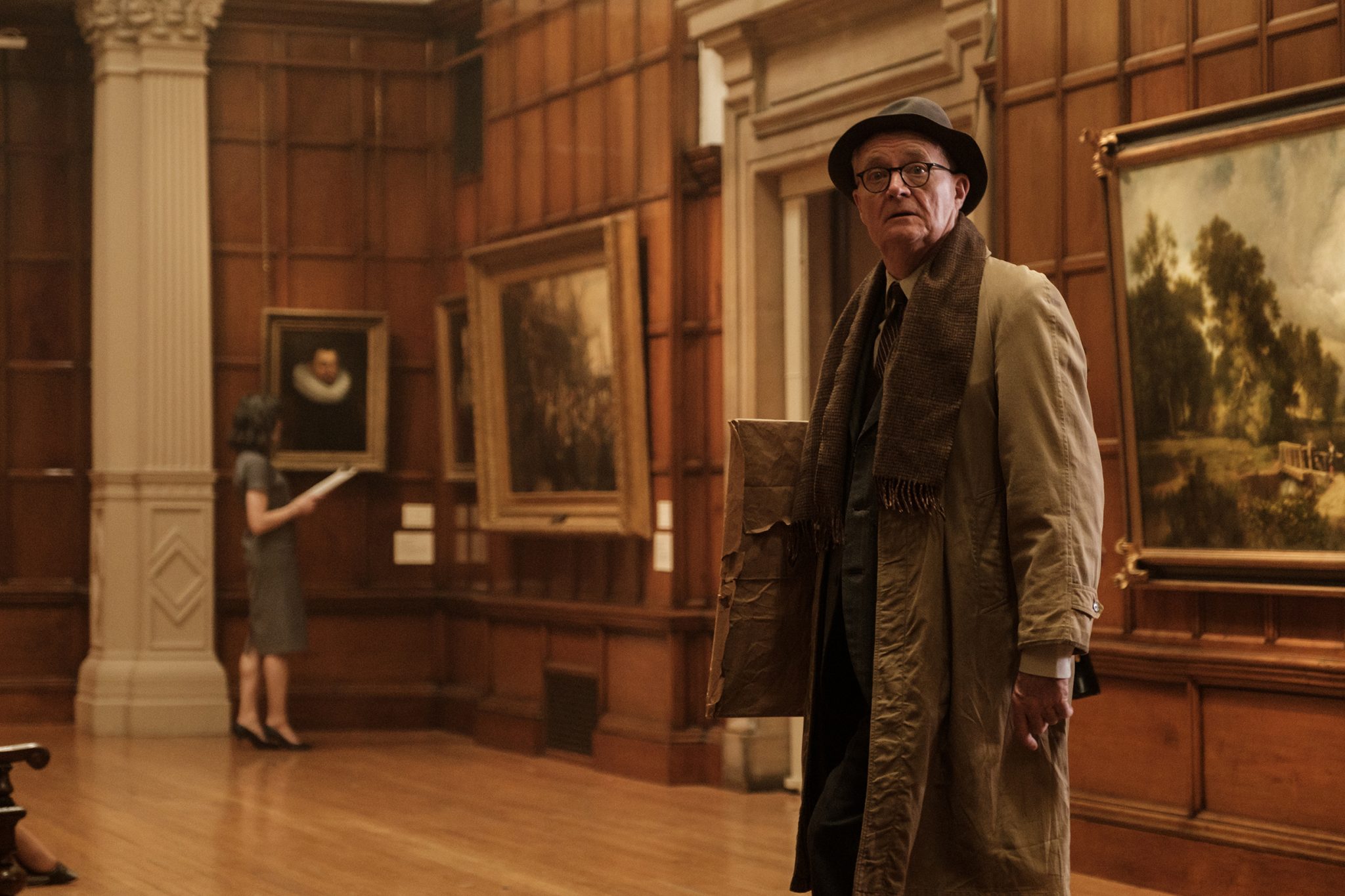The theft of Goya’s Portrait of the Duke of Wellington – now the subject of a feature film starring Jim Broadbent – still touches a nerve about ‘high’ culture and how it’s valued
Paintings have often been a flashpoint for the wider public’s annoyance with art’s exclusive status. There are better things we could be spending the money on, right? At the same time, that elite status also generates a perverse, magical fascination – see the constant crowds that gather around the Mona Lisa at the Louvre. The Duke (2022), directed by the late Roger Michell, might come across as a charming, warm-glow comedy caper that’s aching with nostalgia for a bygone Britain of the 1960s. Don’t head for the cinema if you’re allergic to tweed suits, pipe-smoking, horn-rimmed spectacles, beehive hairdos and tea in china cups. But this true tall-tale, about a working-class man who stole a portrait of The Duke of Wellington (1812-14) by Francisco de Goya from London’s National Gallery in 1961, still touches a nerve about ‘high’ culture and how it’s valued, while celebrating the ‘little guy’ who breaks the law for his principles.

Goya’s portrait had just been bought ‘for the nation’ for £140,000 by the government, to prevent it from ending up in the hands of an American collector, before it vanished on the morning of 21 August. For four years after its disappearance, police struggled to find any trace of the painting or the identity of its mysterious thief. Speculation thrived – the disappeared painting became so well-known that it made an ironic appearance in the first James Bond film, 1962’s Dr. No, as Sean Connery’s Bond passes by it in the titular villain’s island base.

But the real thief, Kempton Bunton, was a 61-year-old former taxi driver from Newcastle, who finally handed the painting in himself, in 1965. Played with dogged enthusiasm by Jim Broadbent, The Duke’s Bunton is a cheery quixotic idealist, an autodidact who writes plays that never get made, while expounding on the injustices faced by working people – more often than to his exasperated wife Dorothy (played by Helen Mirren), who would rather Kempton hold down a job than pursue his hapless one-man campaign to have the BBC’s license fee abolished for the over-75s.
Outraged by the purchase of the Goya, Bunton finds his way to London, where, after having failed yet again to get anyone in government or the press interested in his campaign for free TV, he breaks into the National Gallery and returns to Newcastle with The Duke of Wellington. Writing a ransom note to the police, Bunton declares that ‘the act is an attempt to pick the pockets of those who love art more than charity’.

For all its comic light touch and golden-brown nostalgia, The Duke prods at frustrations that are still contemporary; to start with, it’s incredible that, even 60 years on, there’s still controversy over who should pay the BBC’s license fee. While the UK’s conservatives and the right-wing press have recently ramped up their campaign to see the compulsory fee abolished, and the governance of the public broadcaster renegotiated, Bunton’s campaign lives on. While the over-75s had enjoyed free TV since 2000, the government’s new funding deal with the BBC saw the broadcaster take over responsibility for funding this costly concession, begrudgingly restoring it to only the very poorest of pensioners.
The question of whether people should have to pay for a public service until the day they die is really an ethical issue about care and social solidarity. Bunton’s insistence throughout The Duke that we should all be there for each other, that old people should not be left to endure their solitude, may seem quaintly principled or naively sentimental today. But if the BBC is a public service ‘that belongs to all of us’ (as its recent self-advertising has insisted) maybe it could make a moral decision to ‘care’ for those who, after all, no longer pay for many public services by virtue of having worked, paid their taxes and retired.

Meanwhile, Bunton’s extraordinary acquittal when tried for the theft of The Duke of Wellington (he was cleared of all charges except, famously, the cost of the lost picture-frame), reminds us that juries often understand that people break the law on matters of principle: it was only a few weeks ago that the ‘Colston Four’ were acquitted by a jury of the charges of pulling down the statue of Edward Colston, during the Black Lives Matter protests in Bristol in 2020. They believed in their cause, and a jury of their peers let them off.
What weaves through The Duke is its streak of populist disrespect; for officialdom and the ‘establishment’, embodied in the vacant, fatigued regard of the Duke of Wellington, gazing out from his sashes and medals. Communitarian dreamer Bunton may have been, but his cheerful, little-guy anarchism, his self-taught radicalism, finds its progeny not only in student statue-topplers, but in every ordinary person who decides they have an opinion, and that it’s as valid as any held by those in power. “It’s not very good, is it?” Bunton muses of the stolen masterpiece. It’s perhaps why one Guardian film critic observed of Bunton, with a note of alarm, that ‘there is something a little bit Brexity about him’. For all its apparent warm-heart and period charm, The Duke works because it plugs into our moment’s nervy apprehension that, right now, the little people might have had enough of power and authority.
